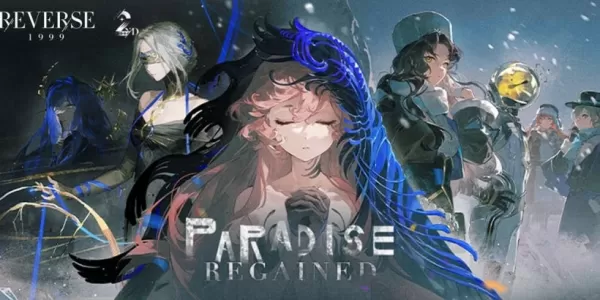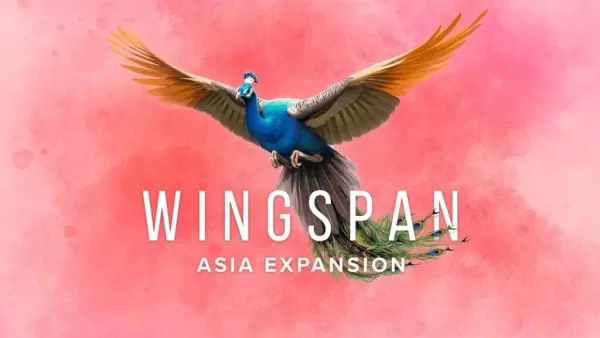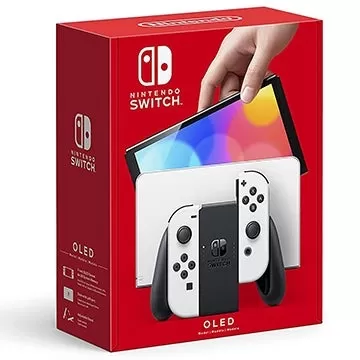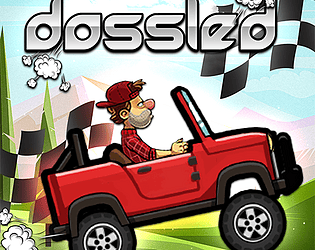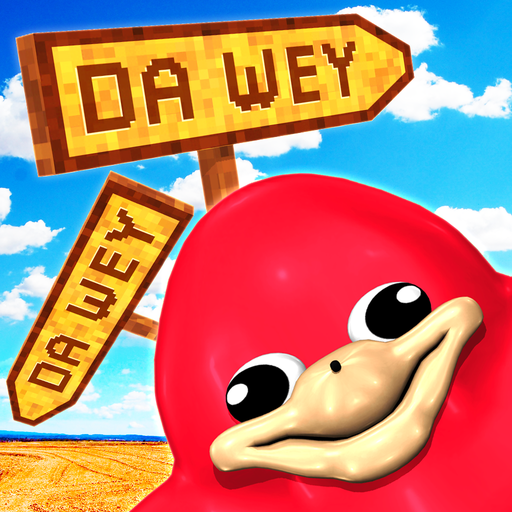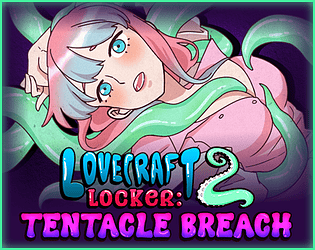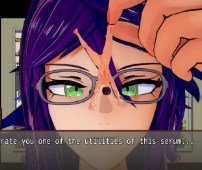Video games have evolved far beyond mere action-packed thrillers. Hideo Kojima, the creative genius behind the Metal Gear Solid series, introduced the world to Death Stranding, which explored the themes of division and connection in a pre-pandemic world. Its unique narrative structure and groundbreaking delivery-based movement mechanics opened up new avenues for gaming experiences.
In the sequel, Death Stranding 2: On the Beach, set to release on June 26, 2025, Kojima delves deeper into the complexities of connectivity with the poignant question: "Should we have connected?" As the global divisions continue to widen, we sought to understand Kojima's stance on this theme within the context of the game's storyline.
The development of Death Stranding 2 was uniquely shaped by the challenges of the Covid-19 pandemic. This unprecedented situation prompted Kojima to re-evaluate the concept of "connection." He had to navigate his understanding of technology, adapt to new production environments, and reassess the essence of human relationships. How did these factors influence his reconstruction of connectivity within the game?
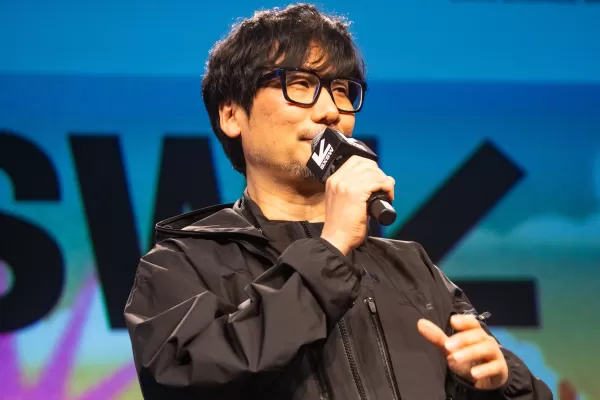 In this exclusive interview, Kojima shares insights into his philosophical approach to the game's development. He discusses elements from the original game that have been carried forward, as well as those left behind, and how contemporary societal issues are reflected in his latest work.
In this exclusive interview, Kojima shares insights into his philosophical approach to the game's development. He discusses elements from the original game that have been carried forward, as well as those left behind, and how contemporary societal issues are reflected in his latest work.

